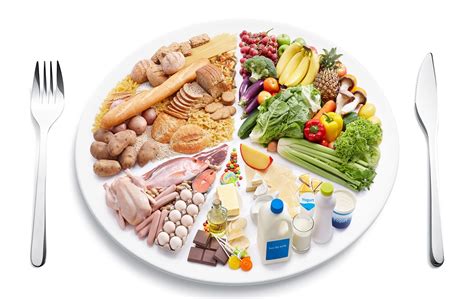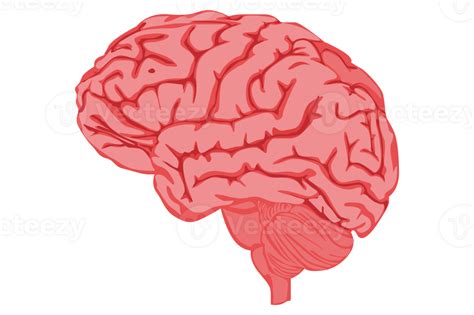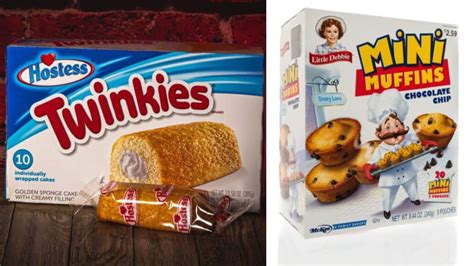Fuel peak performance: Best foods for sustained energy & mental focus?

In a world demanding constant productivity and mental agility, what you eat plays a pivotal role in dictating your energy levels and cognitive function. Moving beyond mere calorie counting, strategic nutrition can be your most powerful tool for achieving sustained energy and razor-sharp mental focus. This article delves into the specific food groups and nutrients that fuel both your body and brain for peak performance.
The Foundation: Sustained Energy
Consistent energy isn’t about quick sugar fixes; it’s about providing your body with a steady supply of glucose and other fuel sources that release slowly over time. The key lies in complex carbohydrates, lean proteins, and healthy fats.
Complex Carbohydrates for Lasting Fuel
Unlike simple sugars that cause energy spikes and crashes, complex carbohydrates provide a slow, sustained release of glucose into the bloodstream. They are rich in fiber, which aids digestion and helps regulate blood sugar. Excellent sources include whole grains like oats, quinoa, brown rice, and whole-wheat bread, as well as starchy vegetables such as sweet potatoes and butternut squash.
Lean Proteins for Stability and Repair
Protein is essential for building and repairing tissues, but it also plays a crucial role in satiety and blood sugar regulation. When consumed with carbohydrates, protein slows down the absorption of glucose, leading to more stable energy levels. Opt for sources like chicken breast, turkey, fish, eggs, Greek yogurt, lentils, beans, and tofu.
Healthy Fats for Brain and Body
Fats are an incredibly dense energy source and are vital for brain health. Healthy fats, particularly monounsaturated and polyunsaturated fats, provide sustained energy, support cell function, and aid in the absorption of fat-soluble vitamins. Include avocados, nuts (almonds, walnuts), seeds (chia, flax, pumpkin), and olive oil in your diet.

Sharpening the Mind: Mental Focus Boosters
Beyond general energy, certain nutrients directly support cognitive function, improving memory, concentration, and mood.
Omega-3 Fatty Acids: Brain’s Best Friend
Omega-3s, particularly EPA and DHA, are crucial for brain structure and function. They help reduce inflammation, support neurotransmitter function, and are linked to improved memory and mood. Fatty fish like salmon, mackerel, and sardines are top sources, along with flaxseeds, chia seeds, and walnuts.
Antioxidant-Rich Foods for Cognitive Protection
Antioxidants protect brain cells from oxidative stress, which can impair cognitive function over time. Berries (blueberries, strawberries), dark leafy greens (spinach, kale), dark chocolate, and colorful vegetables are packed with these protective compounds.
B Vitamins and Choline: Neurotransmitter Support
B vitamins (B6, B9/folate, B12) are essential for energy production and the synthesis of neurotransmitters that regulate mood and cognitive processes. Choline, a nutrient often grouped with B vitamins, is a precursor to acetylcholine, a key neurotransmitter involved in memory and learning. Eggs, liver, legumes, and fortified cereals are good sources.

Essential Nutrients for Overall Cognitive Function
Beyond specific macronutrients, several micronutrients and habits are critical for optimal brain performance.
Hydration: The Often-Overlooked Fuel
Even mild dehydration can impair concentration, memory, and mood. Water is crucial for transporting nutrients, flushing out toxins, and maintaining electrical activity in the brain. Aim to drink plenty of water throughout the day, not just when you feel thirsty.
Micronutrients: Iron, Zinc, and Magnesium
Iron is vital for oxygen transport to the brain; a deficiency can lead to fatigue and impaired cognitive function. Zinc plays a role in nerve signaling and immune function. Magnesium is involved in hundreds of bodily processes, including nerve and muscle function, and can help reduce anxiety and improve sleep quality, indirectly boosting focus. Red meat, lentils, nuts, seeds, and leafy greens are excellent sources.

Building a Peak Performance Plate: Practical Tips
Translating this knowledge into daily eating habits is key to experiencing the benefits.
Balanced Meals are Paramount
Strive for meals that combine complex carbohydrates, lean protein, and healthy fats. For example, oatmeal with berries and nuts for breakfast, a salad with grilled chicken and avocado for lunch, or salmon with quinoa and roasted vegetables for dinner.
Mindful Snacking
If you need snacks, choose options that provide sustained energy rather than quick sugar highs. Think apples with peanut butter, a handful of almonds, Greek yogurt with a few berries, or vegetable sticks with hummus.
Consistency is Key
The benefits of these foods accumulate over time. Make healthy eating a consistent habit rather than an occasional effort. Regular, nutrient-dense meals will stabilize blood sugar and energy levels, leading to enduring improvements in focus.

Foods to Limit or Avoid
Just as important as what you should eat is what you should limit. Refined sugars, highly processed foods, and excessive caffeine can lead to energy crashes, irritability, and reduced mental clarity.
Refined Sugars and Processed Foods
These offer a quick energy rush followed by a rapid slump, detrimental to sustained focus. They also lack essential nutrients. Opt for whole, unprocessed foods whenever possible.

Conclusion
Fueling peak performance isn’t a mystery; it’s a science. By prioritizing complex carbohydrates, lean proteins, healthy fats, and a spectrum of brain-boosting micronutrients, coupled with consistent hydration, you can unlock a consistent supply of physical energy and exceptional mental clarity. Make conscious food choices, and experience the transformative power of nutrition on your daily performance and well-being.








